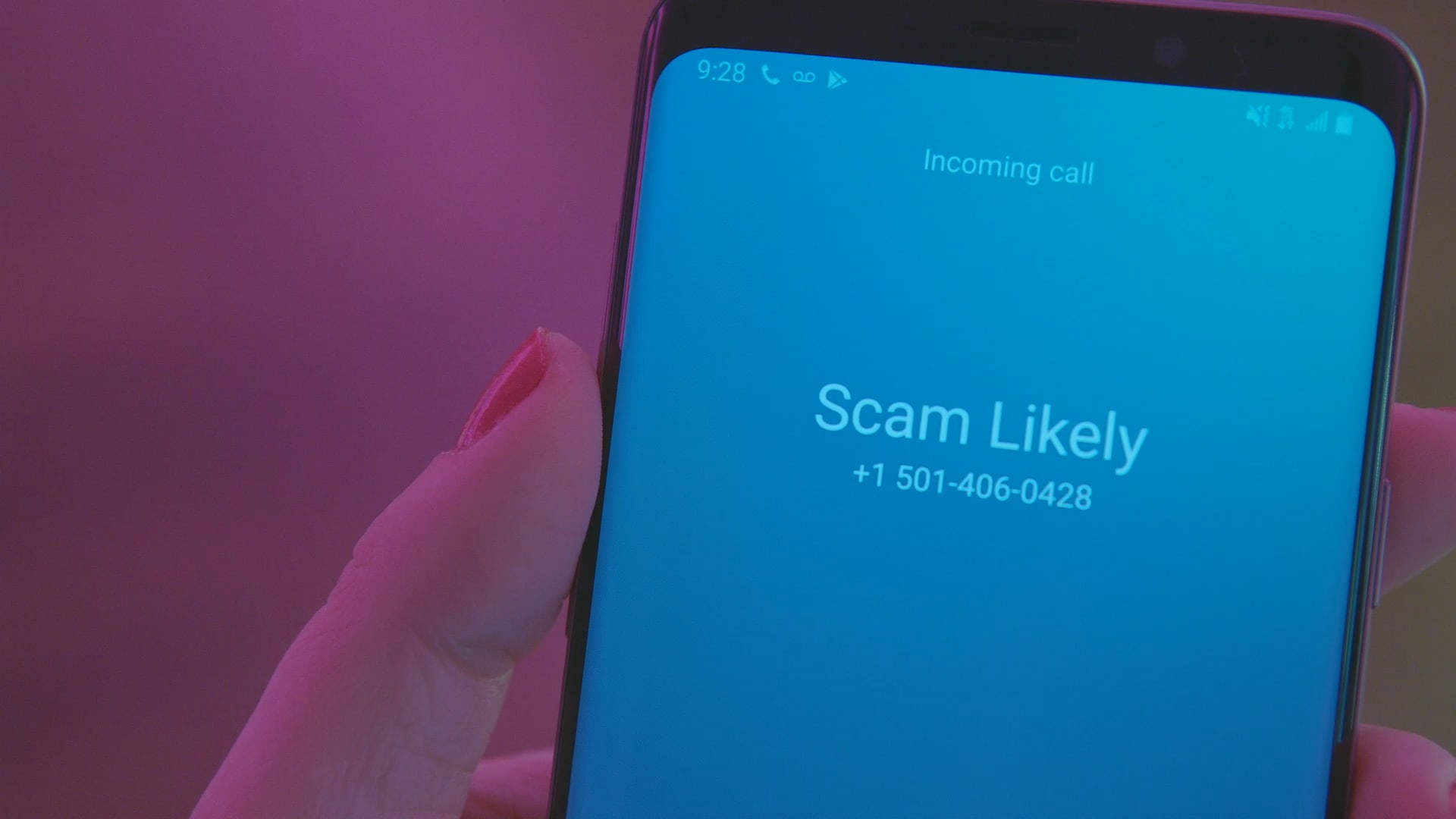
- The Federal Communications Commission fined two Texas-based telemarketers $225 million on Wednesday for making automated sales phone calls, or robocalls, in 2019.
- Robocalls are a daily annoyance for many Americans, and they have been rising in recent years, with some estimates showing that billions are made per month.
- The fine is one part of an expanded effort to reign in automated sales calls.

The Federal Communications Commission fined two Texas-based telemarketers a record $225 million on Wednesday for making automated sales phone calls, or robocalls, in 2019.
The marketers, under the business names Rising Eagle and JSquared Telecom, used robocalls to falsely sell short-term health insurance plans. They made about one billion robocalls, according to the FCC.
The fine, originally proposed last summer, is one part of an expanded effort to rein in automated sales calls the FCC announced on Wednesday. It's the largest fine in the commission's history.
Robocalls are a daily annoyance for many Americans, and they have been rising in recent years, with some estimates showing that billions are made per month. The number of spam calls received in the U.S. rose 26% in the last year, according to Robokiller, an anti-spam call app.
The FCC recommends that people don't answer calls from unknown numbers because of the problem. iPhones even have a built-in feature that can send them to voicemail. Often, the scammers pretend to be affiliated with a legitimate company or organization, like the IRS, Apple, or Amazon.
Money Report
Efforts to control the problem have been slowed by legacy technology in the telephone system which allows scammers to fake local phone numbers, and a business model where only a very small number of victims need to be scammed in order for the robocaller to make money.
The FCC also announced on Wednesday that it has formed a "Robocall Response Team" with 51 FCC employees which will coordinate anti-robocall efforts. The FCC is reaching out to the FTC, DOJ, and state attorneys general to tackle the issue.
The FCC sent cease-and-desist letters to companies that have violated FCC rules and are suspected to be helping to carry out robocalls. Scams affiliated with these companies, according to the FCC, include IRS imposter calls, calls that pretend to be from Apple, false COVID-hardship programs, and fictional refunds from Amazon.
"Also, today's cease and desist letters should serve as a warning sign to other entities that believe the FCC has turned a blind eye to this issue. We certainly haven't and we're coming for you," FCC Acting Chairwoman Jessica Rosenworcel said in a statement.
The FCC has fined telemarketers over $450 million in recent years.
Lawmakers from both parties have also tried to control the robocall plague. In December 2019, Congress passed the TRACED Act, which increases potential fines for a single robocall to $10,000. It also requires major carriers to update their systems to make it more difficult to falsely spoof numbers that show up on Caller ID.






